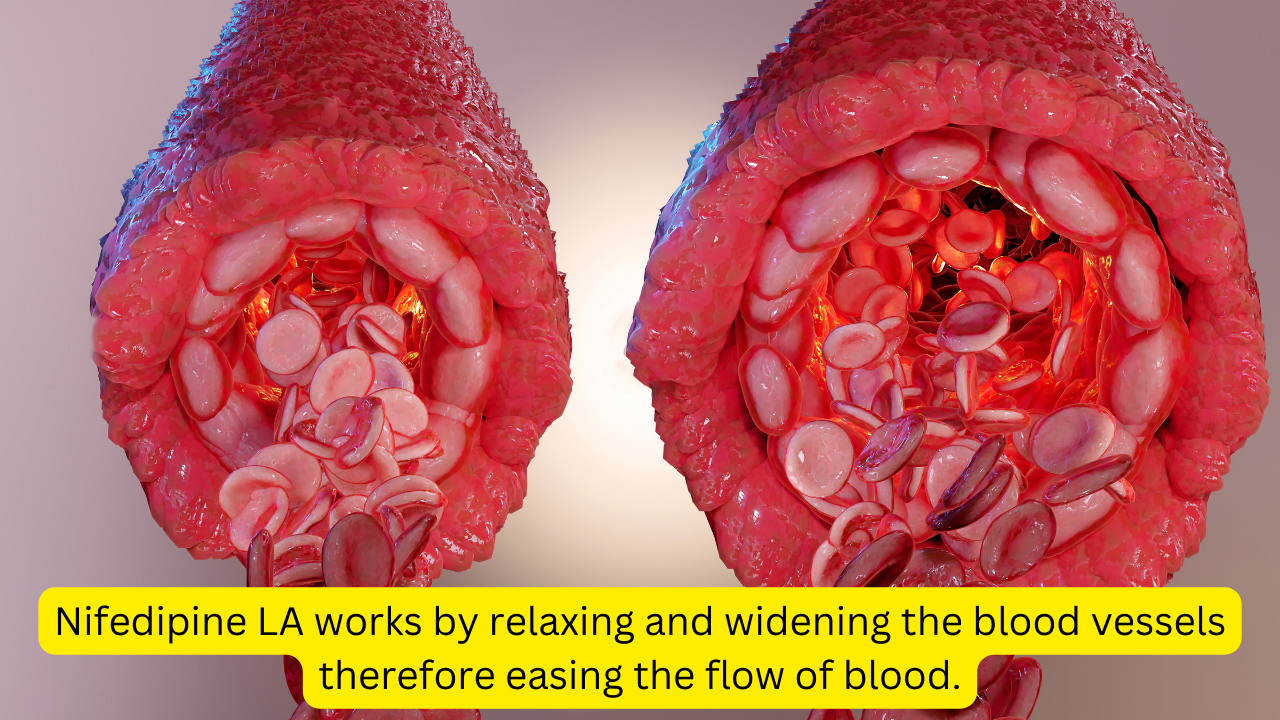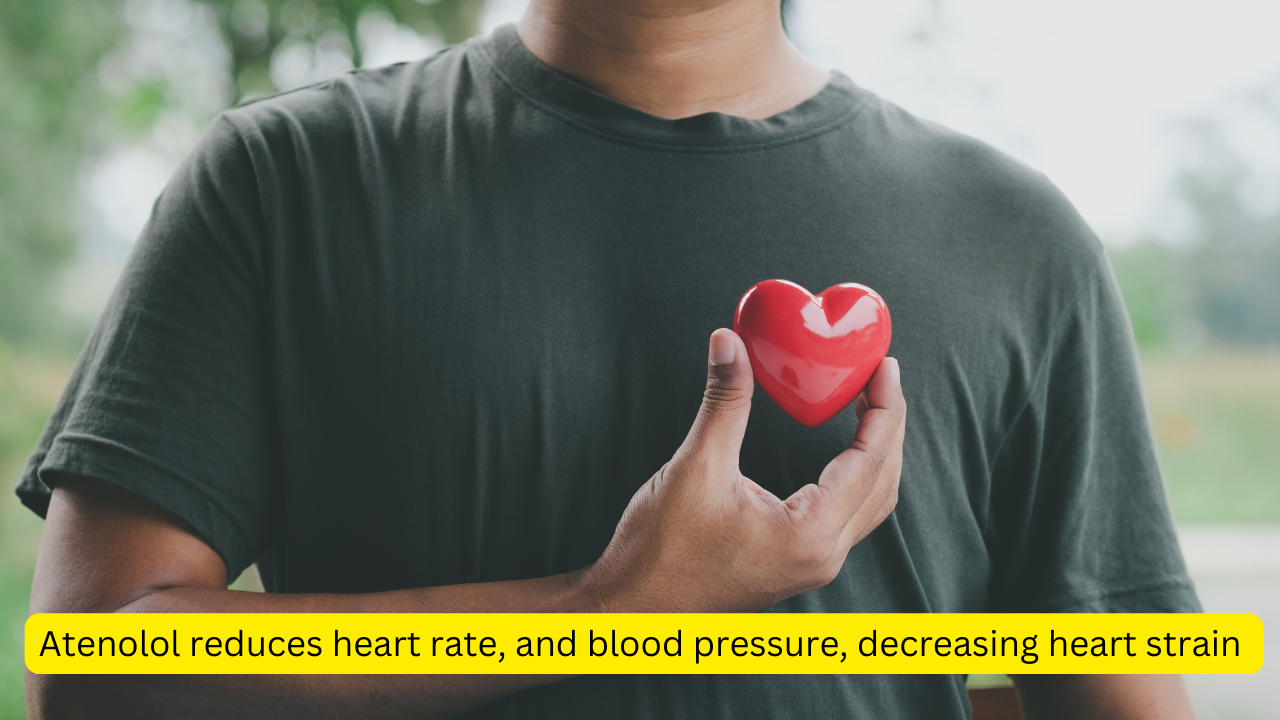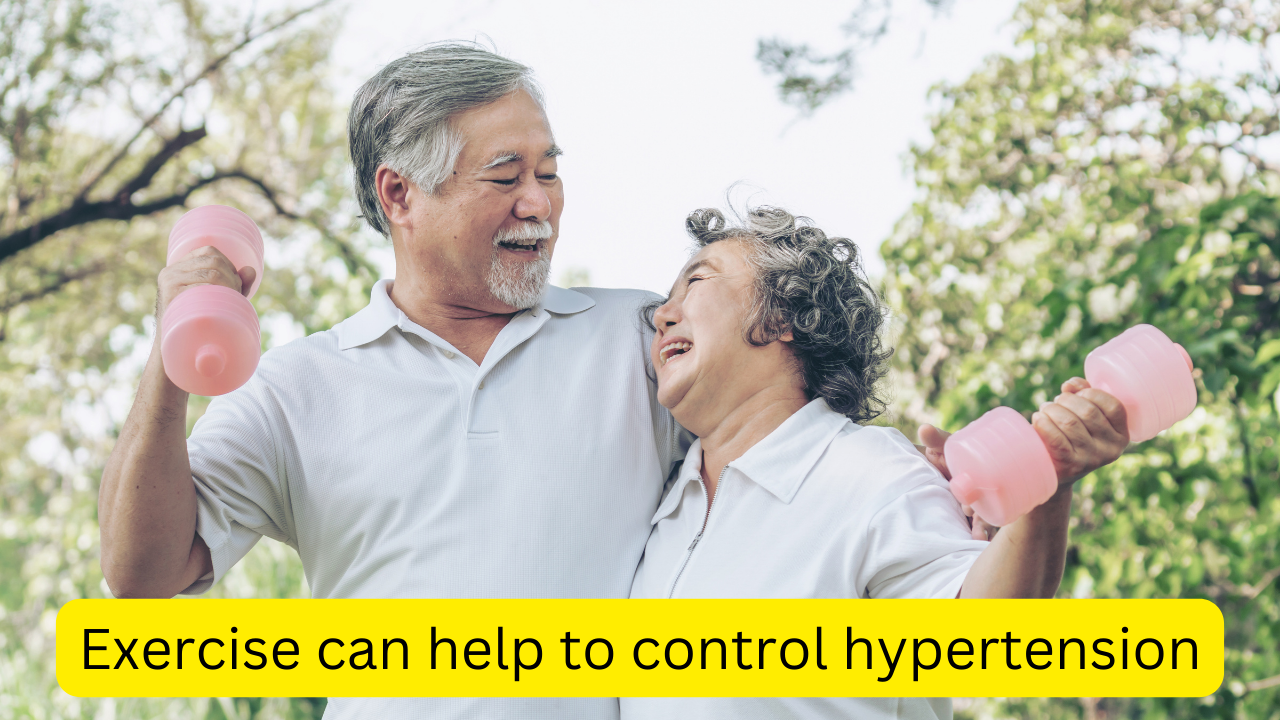High blood pressure medications | Blood Pressure Medication for Hypertension
Table of contents
Diuretics: The Water Pills
Beta blockers: Reducing heart rate and contractility
ACE-inhibitors: kidney- protecting high blood pressure drugs
Angiotensin receptor blockers (ARB)
Calcium Channel Blockers
Alpha blockers: commonly used in BPH
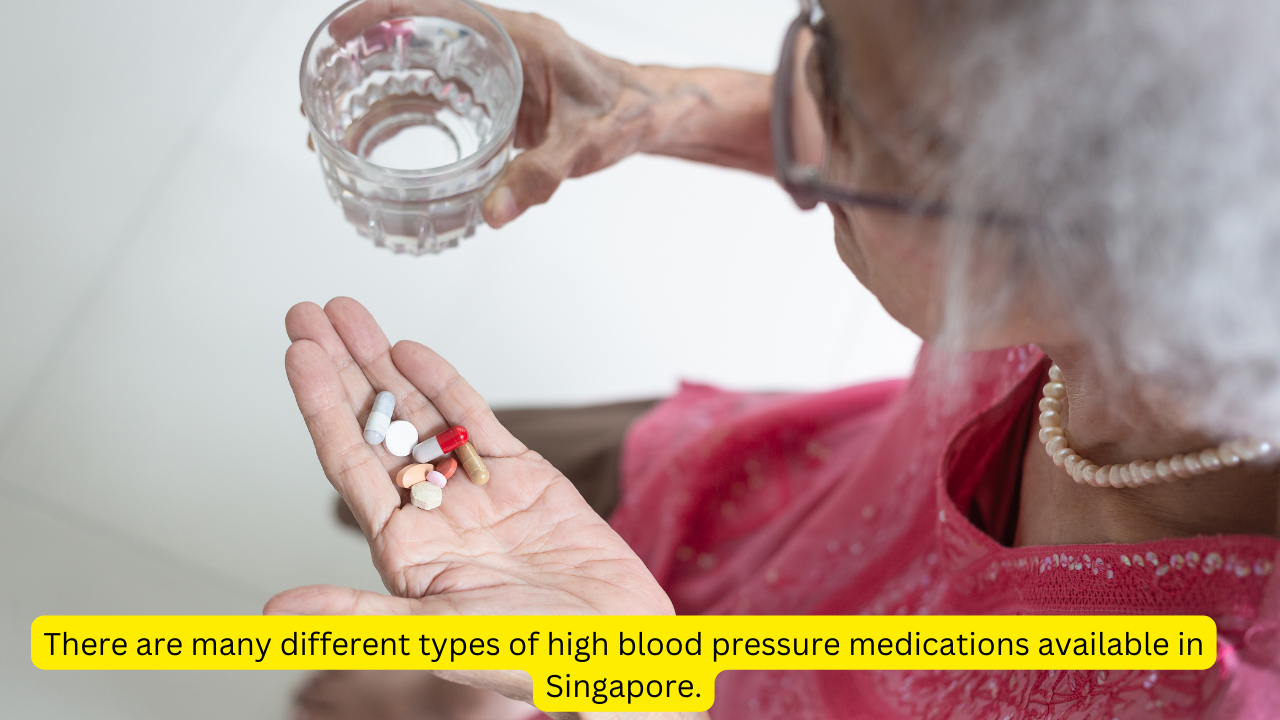
Diuretics: Medications for high blood pressure
Diuretics, often referred to as water pills, work by increasing the volume of urine produced. This group of drug helps your kidneys to eliminate the excess water, therefore reducing blood volume and lowering blood pressure. Other than treating high blood pressure, diuretics are used to in the treatment of chronic liver disease, congestive heart failure, and some kidney conditions. There are different classes of diuretics such as loop diuretics, thiazides and potassium sparing diuretics. Loop diuretics such as frusemide work on the Loop of Henle in the kidney, preventing re-absorption of sodium into the body, resulting in water loss and a reduced blood pressure. Due to the mechanism of action of this medication, side effects of loop diuretics include:
- Passing urine more than usual
- Dry mouth
- Feeling of thirst
- Electrolyte imbalances such as hypokalaemia, hypocalcaemia, hypomagnesemia
Thiazides such as hydrochlorothiazide works in the kidney to promote water excretion, contributing to less extracellular fluid and therefore a better blood pressure reading. Hydrochlorothiazide is a drug that is commonly used in combination therapy for high blood pressure in Singapore. One of many combination blood pressure medications is hydrochlorothiazide with losartan. Side effects of thiazides include:
- Electrolyte imbalances such as low potassium level (hypokalaemia), low sodium levels (hyponatraemia)
- Triggering an onset of gout attack
- Low blood pressure resulting in giddiness
Potassium sparing diuretics such as spironolactone are commonly given to patients who have high blood pressure and heart failure. It helps to increase survival and reduce lower leg swelling in this group of patients. One of the side effects of spironolactone is high potassium level (hyperkalaemia).
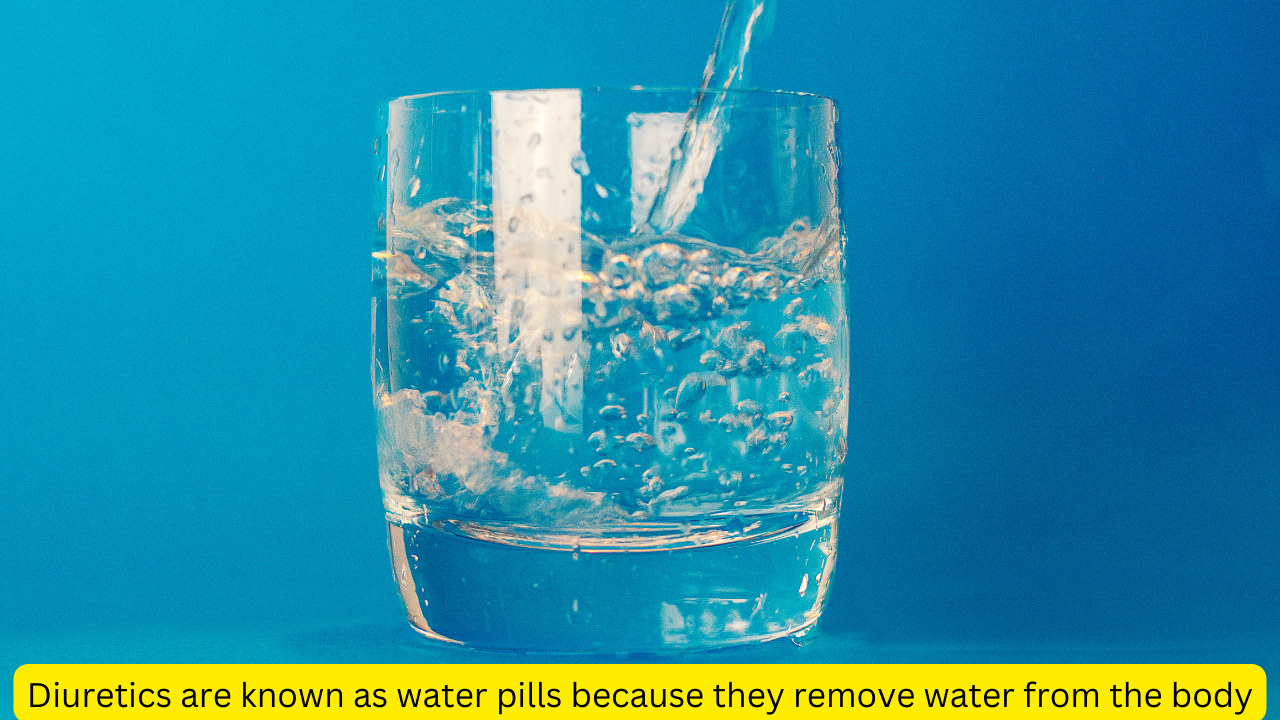
Beta-Blockers: Beta adrenergic inhibitors
Beta-blockers act by reducing the heart rate and heart contractility. They achieve this by blocking the effects of adrenaline.
By doing so, they decrease the heart’s workload and, subsequently, lower blood pressure. The sympathetic nervous system, which makes up the fight or flight response, is activated when adrenaline and noradrenaline binds to beta adrenergic receptors.Beta adrenergic inhibitors work by blocking the binding of adrenaline and noradrenaline to these receptors.
There are three known groups of beta-adrenergic receptors, namely β1, β2 and β3 receptors. Each group of receptors are located in different organs.
Out of the 3 types of β receptors, blockade of β1 receptors contribute the most to lower blood pressure. β1 receptors are located mainly in the kidneys and heart. Inhibiting of these receptors will cause a reduction in heart rate and contractility force of the heart, contributing to a lower blood pressure.
Therefore, the drug that specifically blocks β1 receptors are known as cardioselective beta blockers and are effective in treating high blood pressure by working on the heart. By decreasing the amount of work that the heart does, beta blockers help to improve heart health.
Inhibition of β1 receptors in the kidney will lead to reduction in production of renin. This reduction will lead to a lower extracellular volume and contributes to lowering of blood pressure, further treating hypertension.
β2 receptors are located in the lungs, smooth muscles in the blood vessels, uterus and gastrointestinal tract. Inhibition of β2 receptors can cause side effects such as bronchospasm. This is the reason why non-selective beta blockers are not recommended for people diagnosed with asthma.
Examples of β1 selective blockers include atenolol, bisoprolol and metoprolol.
Potential Side Effects of Beta Blockers
- Insomnia
- Erectile dysfunction
- Worsening of asthma
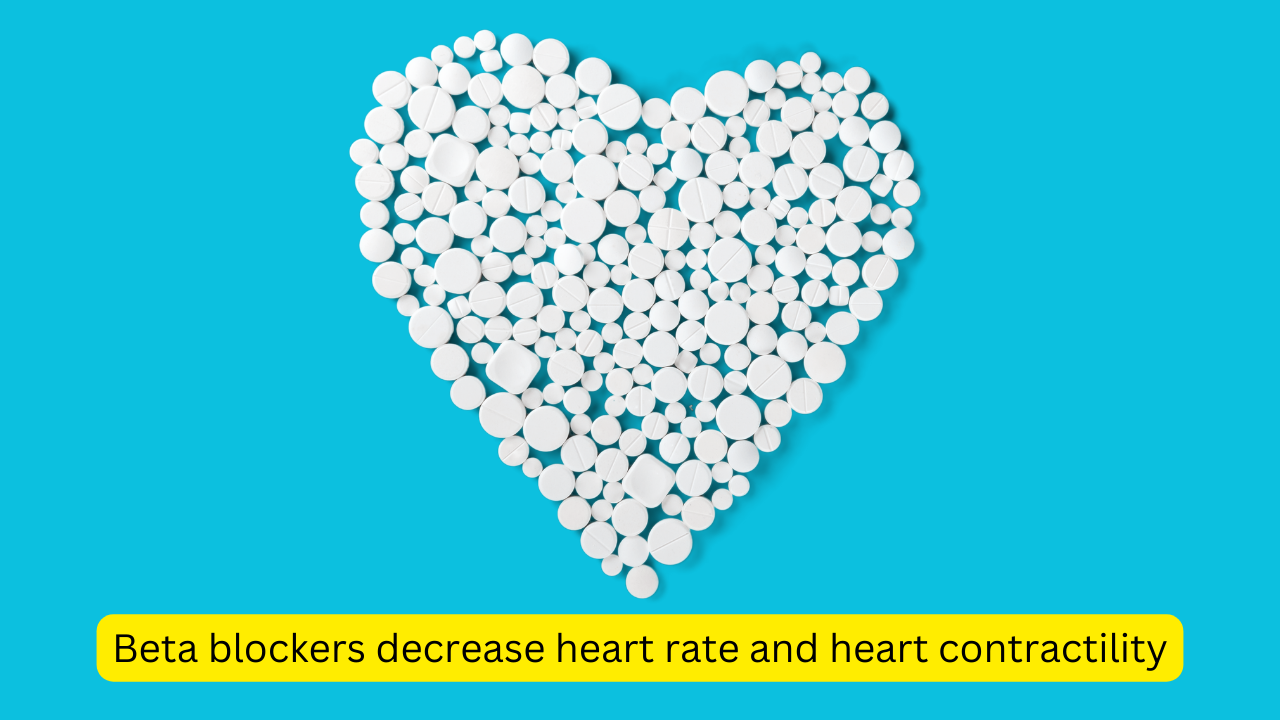
Angiotensin-Converting Enzyme (ACE) inhibitors lower blood pressure
Angiotensin-Converting Enzyme (ACE) inhibitors is a group of effective blood pressure medication. They are commonly used in high blood pressure patients with co-existing conditions such as diabetes and heart failure.
When the angiotensin-converting enzyme (ACE) is inhibited by ACE inhibitors, the formation of angiotensin II is blocked.
Angiotensin II is part of the renin-angiotensin-aldosterone system. The function of Angiotensin II is to constrict blood vessels and trigger the production of aldosterone which will lead to an increase in extracellular volume, resulting in raised blood pressure. By blocking angiotensin II, ACE inhibitors keep blood vessels relaxed especially throughout the body and reduces extracellular volume, therefore keeping high blood pressure controlled.
This group of high blood pressure medications are commonly known as “kidney-protecting” medications or good for kidney health as they help to:
- Reduce amount of protein “leaked” into the urine
- Decrease the damage to glomeruli (the filtration system) in the kidneys by maintaining an ideal blood pressure especially at the kidneys.
Sometimes, this may sound conflicting as one of the potential side effects of ACE inhibitor is kidney impairment. As these blood pressure medications work by decreasing the pressure in the kidneys to give the kidney filters (glomeruli) a rest, the glomerular filtration rate which is used to measure kidney function decreases.
However, this decrease in kidney function is considered insignificant as compared to the worsening of kidney function due to untreated hypertension over a long period of time.
It is important to note that renal impairment is more likely in patients who have co-existing conditions predisposing them to lower kidney perfusions, such as cardiac failure, dehydration, renal artery stenosis.
The doctor will usually monitor the kidney function is usually closely in the first few weeks of initiation of ACE inhibitor.
While ACE inhibitors are very effective in treating high blood pressure, they are not without unwanted effects. A common side effect of ACE inhibitors is persistent cough.
One of the inadvertent consequences of inhibiting ACE is an increased level of bradykinin which can result in a chronic persistent cough and angioedema.
With the reduced effect of aldosterone, patients may also develop hyperkalaemia (high potassium) level. It is important for patients on ACE inhibitor to refrain from a high potassium diet and for your doctor to monitor potassium closely after initiation of ACE inhibitor. This is usually a blood test done few weeks after starting the medication.
ACE inhibitors should also be avoided in pregnancy as they have been associated with birth defects, neonatal deaths and stillbirths. This group of medication should not be used to treat high blood pressure in women who are pregnant.
Examples of ACE inhibitors include enalapril, lisniopril, captopril, perindopril.
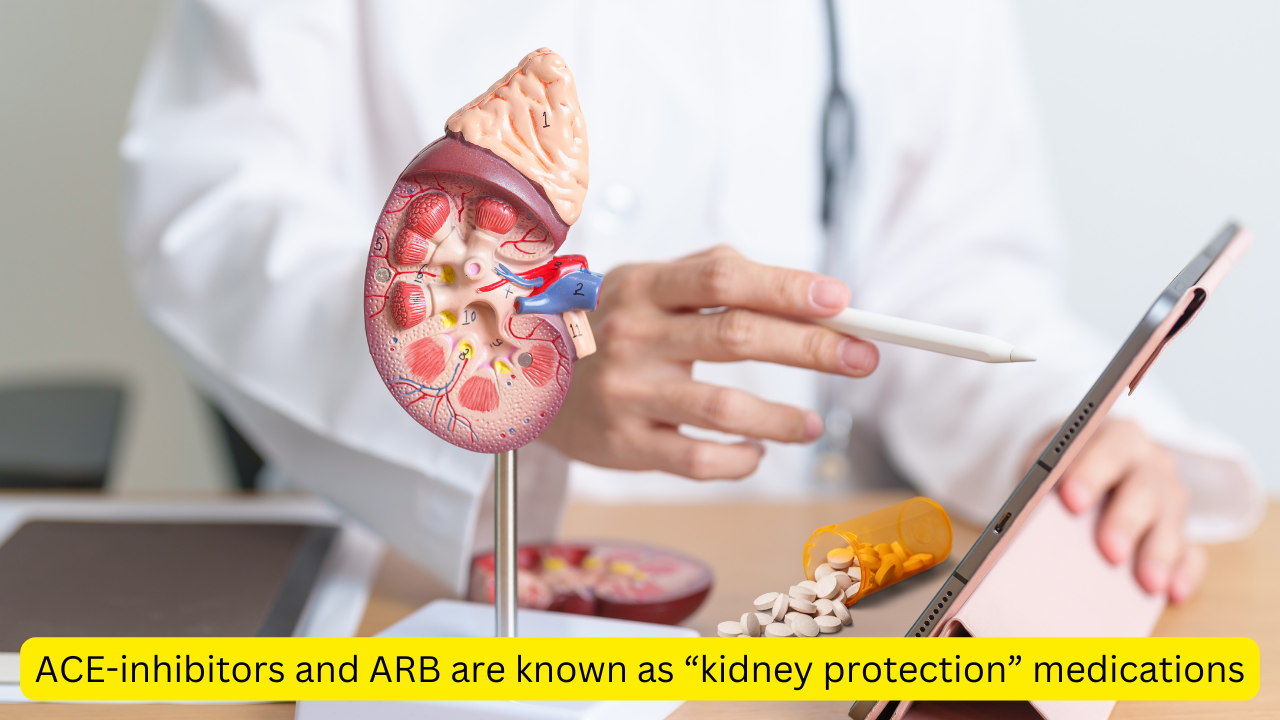
Angiotensin II Receptor Blockers (ARB): blood pressure drug for patients with diabetes
Another effective drug class in treating high blood pressure is ARB. Angiotensin II receptor blockers (ARB) work on the renin-angiotensin-aldosterone system, much like ACE inhibitors.
However, instead of targeting the angiotensin-converting enzyme, angiotensin II receptor blockers work as block the receptors that Angiotensin II bind to.
As mentioned, angiotensin II causes narrowing of blood vessels which result in high blood pressure. Angiotensin II also result in the release of aldosterone leading to an increased extracellular volume and therefore increasing blood pressure. By blocking the angiotensin II receptor, this hypertension medication prevents the effects of angiotensin II and aldosterone release. ARB therefore effectively treats high blood pressure by causing decreased extracellular volume and making blood vessels wide and relaxed.
ARB and ACE inhibitors share similar side effects except that ARBs do not cause chronic cough unlike ACE inhibitors. This makes them a more popular blood pressure medication than ACE inhibitors to treat hypertension.
ARB is also known as a group of “kidney protecting” medication as they also reduce proteinuria and reduce the pressure in the kidney therefore decreasing the damage to the kidney filters.
Similar to ACE inhibitors, they may cause hyperkalaemia and a small reduction in kidney function initially, much like ACE inhibitors.
ARB should also be avoided in pregnancy as they have been associated with birth defects, neonatal deaths and stillbirths.
Examples of ARB drug include losartan, telmisartan, candesartan, valsartan
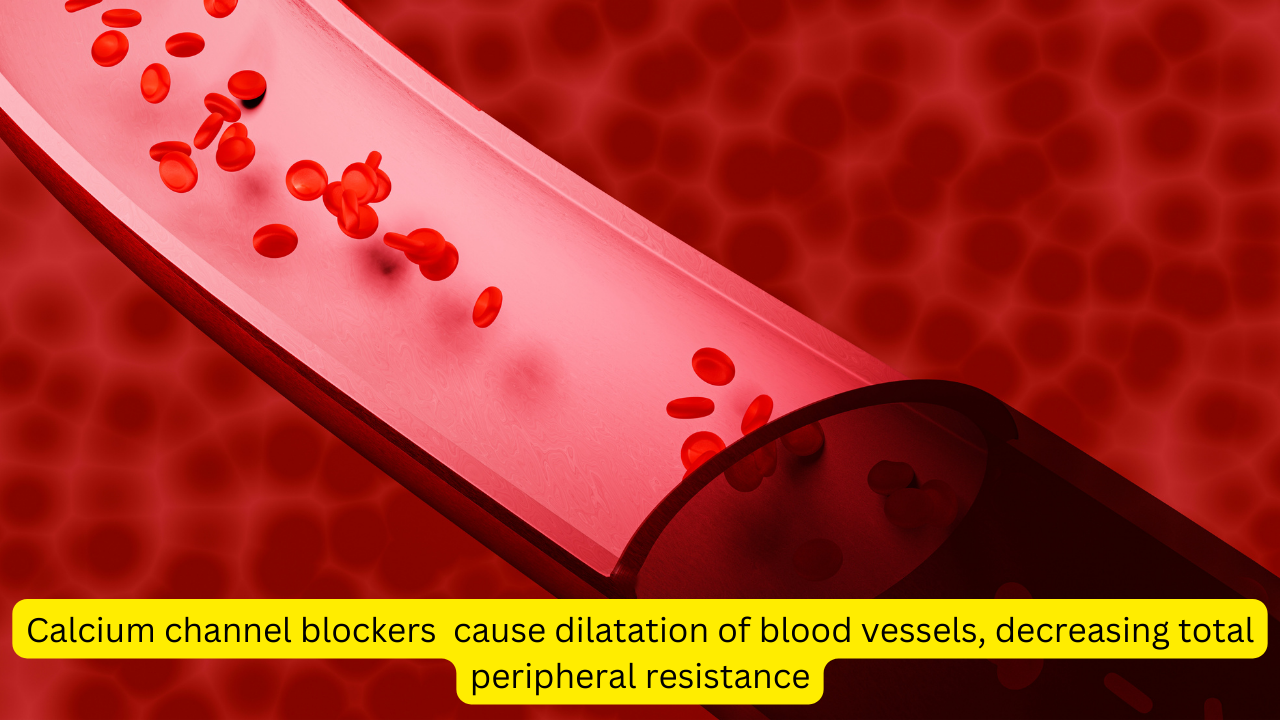
Calcium Channel Blockers : hypertension medications
Calcium channel blockers (CCB) work by inhibiting the calcium channels located in the membranes of cells located in the arterial smooth muscles, and the heart muscles (myocardium).
Blood pressure is dependent on the cardiac output (volume of blood pumped out in one minute) and total peripheral resistance which is amount of resistance that the blood faces when it travels in the blood vessels. In general, the total peripheral resistance is less when the blood vessel is wider.
When calcium channel blockers work on the smooth muscles of the arteries, they reduce the contraction of arteries, therefore reducing total peripheral resistance, resulting in lower blood pressure. At the same time, this decrease the amount of work the heart needs to do to force blood into the artery, therefore decreasing the amount of oxygen required by the heart. This can be beneficial in patients who have ischaemic heart disease.
Calcium channel blockers (CCB) also reduce the force of contraction of heart muscles, therefore reducing the blood pressure.
Some examples of calcium channel blockers include amlodipine, nifedipine LA, diltiazem.
One of the most common side effects of calcium channel blockers include swelling of both legs, also known as peripheral edema. A patient taking high dose of calcium channel blockers may develop this complication.
Other side effects include constipation and overgrowth of gums.
- constipation
- peripheral edema
- gingivial overgrowth
Calcium channel blockers can be paired with ACE-inhibitor or angiotensin-II receptor blocker as these medicines can lower blood pressure effectively in patients with BP > 160/90 mm hg.
Some common combination medications of this combination in Singapore are amlodipine with valsartan, amlodipine with irbesartan, amlodipine with telmisartan.

Alpha Blockers: Not first-line treatment for high blood pressure
Alpha blockers are usually not the drug of choice to treat high blood pressure. In the event that all of the other types of blood pressure medication have been prescribed and the patient still has high blood pressure, then alpha blockers may be used to control the blood pressure.
Alpha blockers medicine work by preventing the hormone noradrenaline from narrowing the blood vessel walls. This keeps the arteries relaxed, thereby reducing peripheral vascular resistance and makes it easier for blood to flow from the heart.
Alpha blockers also relax other muscles throughout the body. So, these medicines are sometimes used to improve urine flow in older men with prostate problems. As such, it is more common to see patients taking alpha blockers medication for benign prostate hypertrophy rather than as blood pressure medicine. Some common alpha blocker medicine include prazosin, and terazosin.
According to Mayo clinic, there are a number of undesirable of unwanted symptoms that the alpha blocker medication can cause.
These are dizziness, low pressure, headache.

Conclusion: Lifestyle modifications and medication to control hypertension
Other than taking above medicine to help with blood pressure, clinical studies have also shown that modifying your lifestyle is also useful to bring down blood pressure.
The American Heart Association has shown that physical exercise can help patients with hypertension. Physical exercise can help to decrease the resistance in blood vessels as well as increase the network of capillaries (smaller vessels), therefore helping to decrease pressure. Before starting on any physical exercise, it is always good to check with your doctor or medical professional about the type of exercise that you can engage in.
Other changes in lifestyle such as dietary changes can be helpful. Research has also shown that eating a low sodium hypertensive diet will further decrease blood pressure, and maintain good health. This will mean taking plenty of vegetables and fruits in your diet to achieve an ideal lifestyle.
Your doctor can work with you to implement these lifestyle changes, and help you achieve better health. If you take medications to control hypertension, it is important to attend regular follow-ups with your healthcare provider to ensure that your blood pressure is well-controlled.
If you are eligible, you may utilise government schemes such as CHAS or Healthier SG for high blood pressure follow-up.
Lastly, by taking your hypertensive medications, eating a good diet, exercising regularly to maintain a good lifestyle, you can control hypertension.
Disclaimer: No content on this site should ever be used as a substitute for direct medical advice from your doctor or other qualified clinician.

